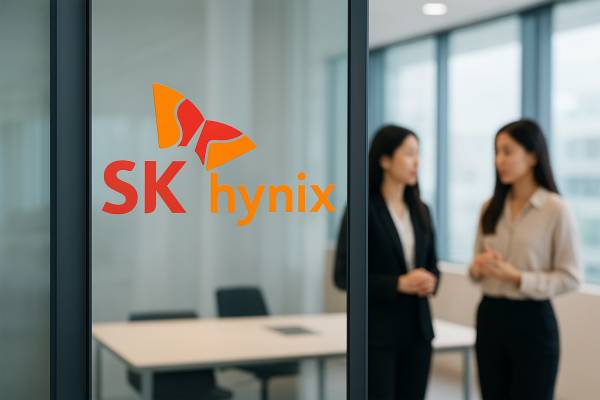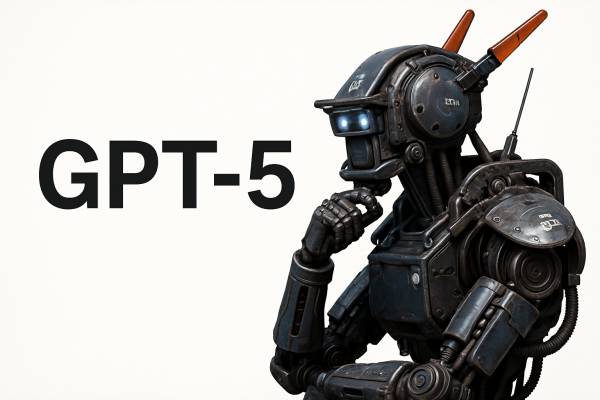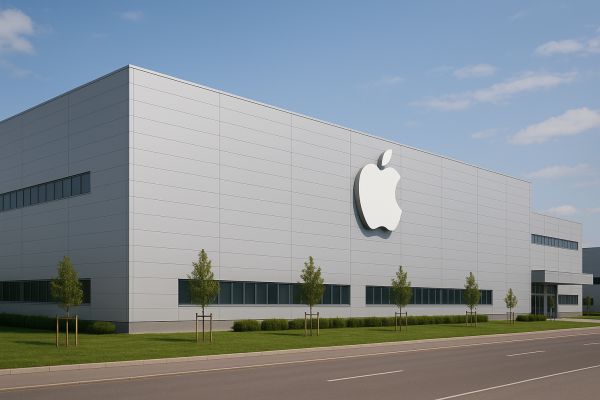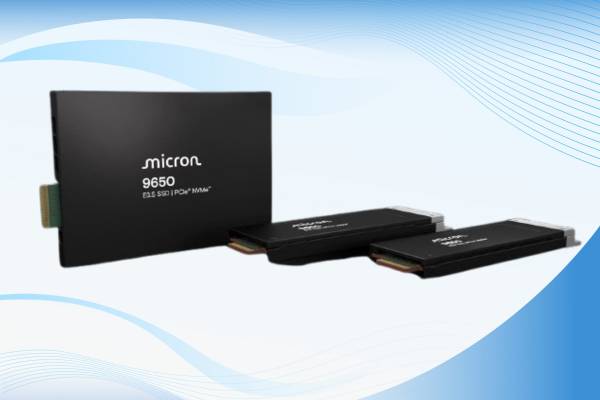Microsoft is introducing a new feature in Windows Notepad that allows you to use Microsoft Copilot, an artificial intelligence to improve your writing in Notepad. The feature allows you to rephrase your writing, generate a summary, or make other text tweaks such as adjusting the tone or style of text.
In exchange for the new features, Notepad uploads the text to a Microsoft Azure server for the AI to fiddle with, which is not free. Microsoft 365 Personal and Family subscribers get 60 AI credits per month, non-subscribers get 15 credits, and Copilot Pro subscribers get unlimited credits. Unused credits are of course lost and cannot be rolled over to the next month.
In exchange for the credits, Microsoft will not only perform the stylistic transformation you want, but also content filtering. The filtering is needed to protect the user from accidentally typing something that would be inappropriate, unethical or offensive to someone else. A user can type text that reflects Microsoft's values, whatever they may be. If the filtering is not completely perfect and the user somehow manages to sneak some sarcasm or inappropriate language into his own text, Microsoft threatens possible legal consequences.
The Notepad AI features are currently available to Windows Insiders through the Canary and Dev channels on Windows 11. However, the feature is not available in China and Russia. In these countries, Microsoft doesn't think it's a good idea to have style monitoring for now.
More details and possible legal implications in the original Microsoft announcement.























